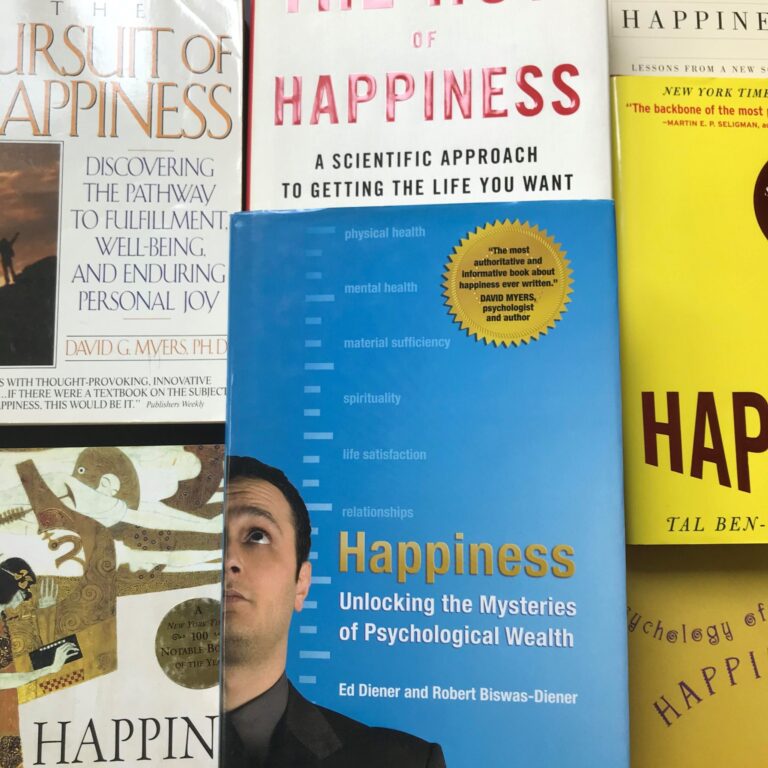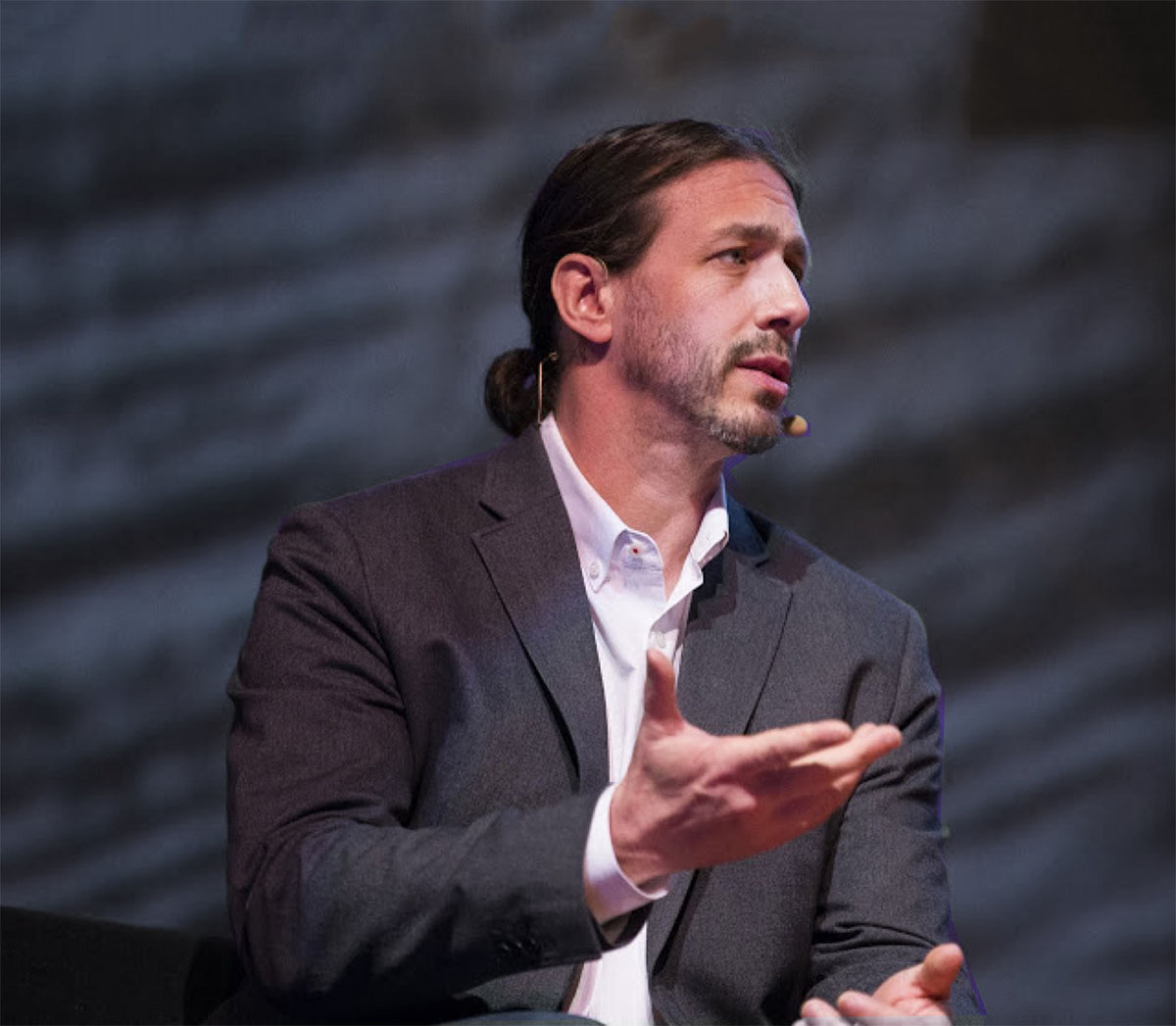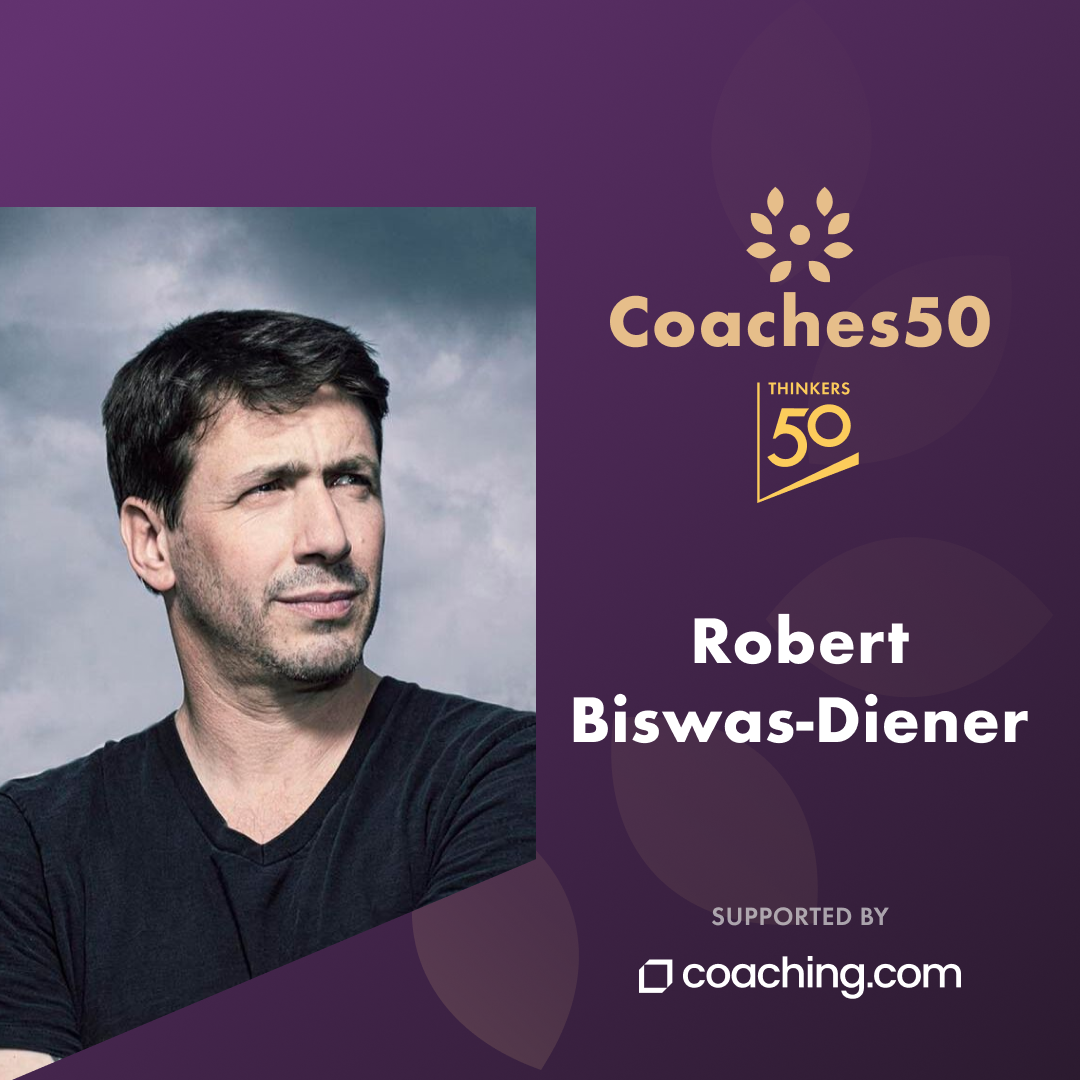6 Books About Happiness
By Dr. Robert Biswas-Diener

A search on "happiness" at Amazon yields 70 thousand results, and a similar search on GoodReads shows more than 5 thousand books. It can be overwhelming.
What people get—and what they don’t—about happiness
It isn’t easy to make a useful book recommendation- not just a recommendation for happiness titles but any book recommendation. If you were to ask me for one, for instance, I would not know where to start. I know too little about your literary preferences. Do you love historical novels? Hardboiled detective stories? Non-Fiction? Where would I even begin to give you a recommendation that would be satisfying to you? A book recommendation is only as good as its ability to match a reader with a book they will find worthwhile. It’s a bit like being a matchmaker.
As with a matchmaker, you want to trot out substantive, attractive, and fun candidates. You also realize that not every person is a match for every other, nor is every title—no matter how popular or well-written—a fit for every reader. As a result, booklists should be carefully curated.
You’ll notice that curation is sometimes wanting when it comes to recommendations for books on happiness. The Internet is full of blog posts such as “10 great books about happiness” or “3 happiness reads for the beach this summer.” I find that they are three common problems with these lists:
- They often just a hodge-podge of titles that have overlapping content. Let me give you an example. Michael Argyle, Tal Ben-Shahar, and Richard Layard—all people I respect—have written happiness books that spend pages discussing happiness and marriage. As the reader, it might start feeling familiar if someone recommended all three titles to you.
- They often include books tangentially related to the topic. Let me give you an example. Elizabeth Gilbert’s Eat, Pray, Love is a beautifully written memoir about bouncing back from divorce. I recommend it. But, is it a book on happiness? Broadly speaking, it is about finding happiness, but then so is every book on relationships, meaningful work, taking up meditation, eating better, and tidying your house.
- They often prioritize the popular. Many of these lists offer books that have already achieved stratospheric success. You don’t need a recommendation for them any more than you need me to tell you that Taylor Swift is worth listening to.
6 Books About Happiness
- The how to be happy book. Let’s face it; many people want to read about happiness because they are looking for tools that they can use to get more of it.
The Recommendation:
The How of Happiness by Sonja Lyubomirsky. There are spiritual books and new age books, and inspirational books about how to become happier. This book is by a scientist reporting on findings from science. Sonja highlights many of the topics that have received research support from studies in positive psychology. You know, mindfulness, social connection, positive thinking, and so forth. What’s interesting to me about this book is that Sonja lays out this broad advice in a programmatic way. Specifically, she says (in essence), “Hey, some of this advice will work, and some won’t.” To that end, she encourages specific types of person-activity fit; she recommends varying your happiness strategies and setting realistic expectations about happiness.Alternate Recommendation:
Happier, by Tal Ben-Shahar. Anyone who has worked with Tal or seen him speak knows that he is a thoughtful and skillful educator. Those same qualities are apparent in this book, covering practical concerns such as validation and the importance of free time. - The overview book. My bookshelf has more than a dozen “generalist happiness” books written between the 1980s and 2010. There is a fair amount of overlap in science coverage and attention to specific studies and researchers. If anything, the sheer volume of titles suggests that some readers simply want to understand happiness and the related science. These are folks who care about measurement and definitions. Who are interested in research findings who want to know more than just how they can be happier.
The Recommendation:
Happiness, by Ed Diener and Robert Biswas-Diener. Okay, let me admit right away that I have a clear bias here. I am recommending a book on which I am a co-author. Winner of the 2008 PROSE Award for psychology, my father and I chose to report on a broad sweep of science. We cover the topics you might guess—the relation of money to happiness, for instance, we throw in a few less commonly discussed items. These include the optimal level of happiness, a specific route to happy thinking (attention, interpretation, and memory), and the principle of “psychological wealth.”Alternate recommendation:
Happiness: A History, by Darrin McMahon. This sweeping history was one of the New York Times 100 Notable Books of the Year. Darrin is, without a doubt, one of the smartest people I know, and he touts an impressive array of scholarship from history, religion, philosophy, art, economics, and politics. - The drill-down book. Happiness is such a large topic that there is room for many sub-topics under its umbrella. This is why, I suppose, you can find books on happy traveling, happy eating, and happy architecture.
The Recommendation:
Happy Money, by Elizabeth Dunn and Michael Norton. Money is an important topic because we all have it, we all use it, and we all need it. Liz and Michael focus on the science of spending money in ways that will increase your happiness. They draw on their strong body of research (I am proud to be a collaborator on one of these studies!) and report from other laboratories’ findings. Three of their key points include: buy time, buy experiences, and spend money on others.Alternate Recommendation:
The Happy Traveler, by Jaime Kurtz. Couch surfing, online bookings, and better air service mean that more people can travel than at any time in history. Jaime offers practical advice on making decisions and embracing the adventure of travel in ways that are more likely to pay happiness dividends.

About the author
Dr. Robert Biswas-Diener
Dr. Robert Biswas-Diener is passionate about leaving the research laboratory and working in the field. His studies have taken him to such far-flung places as Greenland, India, Kenya, and Israel. He is a leading authority on strengths, culture, courage, and happiness and is known for his pioneering work in the application of positive psychology to coaching.
Robert has authored more than 75 peer-reviewed academic articles and chapters, four of which are “citation classics” (cited more than 1,000 times each). Dr. Biswas-Diener has authored nine books, including the 2007 PROSE Award winner, Happiness, the New York Times Best Seller, The Upside of Your Dark Side, the 2023 coaching book Positive Provocation, and Radical Listening, in 2025.
Thinkers50 named Robert to be among the 50 most influential executive coaches in the world.
Robert Biswas-Diener

Get updates and exclusive resources



